Engineered Heart Tissues (EHTs)
Unraveling the molecular mechanisms driving mechanical dysfunction in heart disease requires a system capable of precision tuning of the mechanical environment during long-term culture that is compatible with genetic and pharmaceutical therapies and advanced characterization techniques (microscopy). Our lab leverages EHT technology to study the long-term consequences of mechanical stress on cardiac remodeling as well as to evaluate the potential efficacy of therapeutic interventions. We are also focused in developing this technology so that it can more accurately simulate real conditions of cardiac function and stress.
Myocyte Alignment in EHT and in an adult rat isolated cardiomyocyte
Extracellular matrix remodeling in heart failure is progressive and contributes to both systolic and diastolic dysfunction. Cardiomyocytes directly “feel” their ECM and respond to remodeling by changing their contractile performance that feeds forward to promote further ECM remodeling. No existing therapies target this run-away train in heart failure, largely because the molecular regulators are poorly understood. Our lab is using the EHT platform which allows precise tuning of ECM composition to dissect the factors that drive pathological remodeling of the cardiomyocyte.
Image of IPS cardiomyocytes (tubulin-blue, actin- red, Hoechst (nucleus)-grey) that we seed in extracellular matrices from human hearts.




